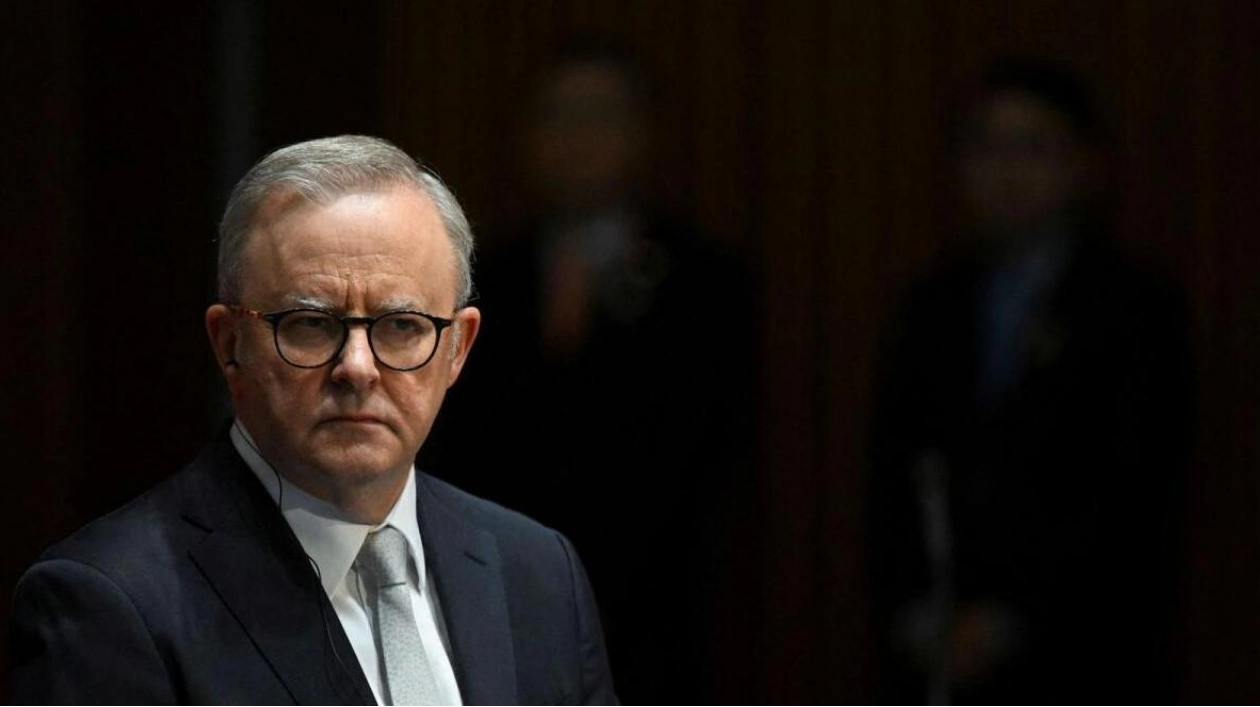Australian Prime Minister Anthony Albanese made significant changes to his government's key ministries on Sunday, specifically targeting those overseeing immigration and national security, which have been mired in scandals. The Australian Department of Home Affairs has faced intense scrutiny after being compelled to release over 100 immigration detainees, many of whom were convicted of serious crimes including assault, kidnapping, and murder, following a crucial court decision.
Albanese aimed to distance his government from the damaging political fallout by removing Clare O'Neil from her position as Home Affairs Minister and Andrew Giles from Immigration Minister, reassigning them to different portfolios. Veteran government troubleshooter Tony Burke assumed both roles. The release of these detainees led to additional criminal charges against some, exacerbating negative publicity for the centre-left Labour government. Authorities hastily implemented ankle monitoring and imposed strict conditions like curfews.
Under the previous policy, migrants could be held indefinitely if Australia denied them a visa yet legally couldn't deport them, especially if they faced capital punishment in their home country. This led to many individuals languishing in austere Australian detention centers for years. However, a High Court ruling in November deemed this practice 'unlawful', invalidating a 20-year bipartisan policy and leading to the release of nearly 150 people. Among those freed, over 70 had been denied visas due to convictions for assault and other violent crimes, and seven were convicted of murder or attempted murder.
Australia initiated the mandatory detention of visaless individuals in 1992. Data from Human Rights Watch shows that the average immigration detainee is held for 708 days, with over 120 individuals detained for more than five years. Australia's strict border policy was initially established in response to a surge in arrivals by boat from countries like Vietnam, Cambodia, and China. However, it drew criticism from refugee advocates, with the UN refugee agency labeling the policy as 'arbitrary' and 'punitive'.






